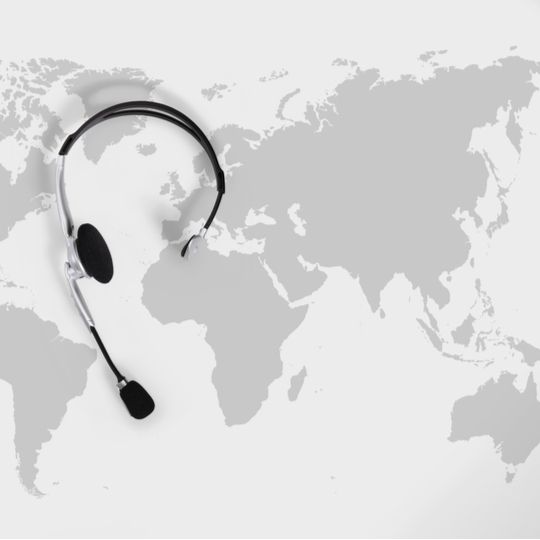Home/Student Life/Université de Liège
Welcome to Université de Liège
The Institution
The only fully public university in the Belgian French-speaking community, the University of Liège (ULiège) prides itself on its pluralistic vision and on its pursuit of excellence in teaching, research, and innovation.
With a student body numbering 25,000 and a staff of 5500, the University of Liège offers enriching and diversified courses of study (38 bachelor’s, 212 master’s, and 68 advanced master’s programmes) and is committed to the development of student-centered learning. ULiège is deeply involved in international research programmes (such as the European Union’s FP7, H2020 and ERC financed projects) and is in contact with more than 900 institutions throughout the world. The University of Liège is fully integrated into the greater European education (Bologna) and research (Lisbon) sphere and international scientific networks.
Attuned to society’s needs, the University of Liège also plays an important role in Wallonia as a creator of new economic high value-added economic activities and as coordinator of technological centers bringing together the public and private sectors.
Located in a city near the meeting point of Germanic and Latin cultures (the Euregio Meuse-Rhine and the Greater Area), the University of Liège is the culmination of a long intellectual and educational tradition. Easily accessible by road, air or train, the university has much to offer prospective students and researchers from across Europe and beyond, who wish to be part of its long standing commitment to quality research and teaching.
City
Today, Liège is the largest metropolis in Wallonia and the fourth largest urban area in Belgium. The city has a population of nearly 200,000 and it lies at the heart of the Meuse-Rhine Euroregion, covering Maastricht, Aachen and Hasselt.
Liège may no longer be a state capital, but it still has some important roles such as: political (provincial capital), economic (the Vertbois site is the seat of the Walloon Region’s economic institutions), judicial (Prosecutor’s office, Courts and Tribunals), educational (dense network of secondary schools and higher education establishments), cultural etc.
GeMMe
GeMMe ( Georesources, Mineral Engineering and Extractive Metallurgy) brings together a team of engineers, scientists and technicians from different disciplines, all of whom have a good understanding of the challenges of developing resources in a sustainable and responsible way. Thanks to their excellent knowledge of the environment, the GeMMe group’s engineers develop innovative technical solutions to better characterise, recover and re-functionalize mineral and metal resources. They develop a holistic vision (lifecycle thinking) and work together in a multidisciplinary spirit to meet the challenges of the circular economy.
Missions:
- Educating creative and open-minded engineers
- Unlocking valuable resources from both earth crust and urban mines
- Developing efficient processes for the recovery of metals and minerals
- Innovating for a more sustainable and circular economy
- Partnering with key players on both regional and international scenes
Projects in Raw Materials
Important research projects in the development of instrumentation for advanced mineral processing and recycling are funded by Wallonia and the EU:
- Ancorelog – EU- Advanced Core Logging System (with DMT, Fraunhofer)
- AMCO – EU- Automated Microscopic Characterisation of Ores (with UPMadrid)
- RoSTAR – EU- Ultra fine grinding mill for liberation of high valued ores (with TUFreiberg)
- NewEco – EU- Towards a New EU industrial ecosystem for strategic metals production (with Eramet, Boliden, Aalto Univ)
- PICK IT – W- Smart Sorting of Non-Ferrous Scraps and Alloys (with Comet)
- ODISSEY- W- Online Developments In Spectral Sensing of materials for recycling (with Comet)
- BIOLIX – W- Bio Hydrometallurgy of electrical and electronic waste (with Comet)
Contact Details

Academic staff
Professor Eric Pirard (coordinator)
Professor Stoyan Gaydardzhiev
Professor Quentin Louveaux
Nicolas Vasbinder (lecturer)
Administrative coordination and International relations:
Ms Rosalia Fiorentino – emerald@uliege.be
Ms Isabelle Noirot – Isabelle.Noirot@uliege.be
Course specialisation
Ore characterisation and process mineralogy
Urban mining and recycling
-

Got Questions?
Get in touch → -

Study with EMerald
Explore the programme → -

Want to learn more?
Download a prospectus →